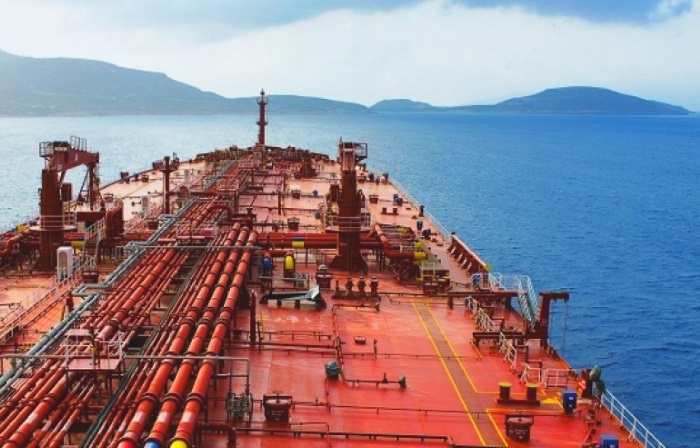The EU adopted Dec. 16 its latest sanctions package against Russia, blacklisting more tankers and a shipping unit of Russian state-owned oil giant Rosneft as part of attempts to clamp down on widespread evasion of the G7’s so-called “price cap” on Moscow’s oil exports.
In the latest round of sanctions agreed on Dec. 11, 52 additional vessels from Russia’s shadow fleet are subject to an EU port access ban and a ban on the provision of services in the trade bloc, the European Commission said. The expansion brings the total number of vessels blacklisted under the EU’s Russian sanctions to 79.
“These ships have been found to be engaged in high-risk shipping practices when transporting Russian oil or petroleum products, in arms deliveries, grain theft, or supporting the Russian energy sector,” the Commission said. “With each new round of sanctions, we improve effectiveness and close gaps, and we will continue to do so, as part of our unwavering commitment to support Ukraine and its people.”
The latest sanctions package also adds 54 people and 30 entities to the list covered by asset freezes and travel bans including a number of senior managers in companies active in the Russian energy sector including shipping companies.
LLC Prime Shipping, a tanker unit owned by Rosneft, was sanctioned in the latest EU enforcement as well as its general director, Igor Alexandrovich. Alexey Nefedov, the General Director JSC Rosnefteflot, a Russian company carrying out transportation of crude oil and oil products by sea, including, is also included.
Niels Troost, a Dutch businessperson who controls Paramount Energy and Commodities DMCC and is affiliated with Livna Shipping, was also listed.
In addition to allowing the Czech Republic to continue importing fuels made from Russian crude in Slovakia for another six months, the package also extends a carve-out for Croatia to continue buying vacuum gas oil from Russia until Dec 31, 2025.
Sanctions evasion
The G7’s oil price cap is widely considered ineffective at significantly restricting Russia’s access to shipping capacity for its key oil exports as most of the oil is being transported in shadow fleet vessels, outside the control of G7-based shipping services. The EU’s move follows a similar expansion of sanctions against Russia’s shadow fleet in the US and the UK.
More than 80% of Russia’s seaborne crude exports last month were lifted by tankers not flagged, owned or operated by companies based in the G7, the EU, Australia, Switzerland, and Norway, and not insured by Western protection and indemnity clubs, according to data from S&P Global Commodities at Sea(opens in a new tab) and Maritime Intelligence Risk Suite.
Russia’s growing shadow tanker fleet has come as discounts for Russia’s crude shrink from record levels of $40/b to Dated Brent in 2022 after Russia’s invasion of Ukraine. Attempts by Western authorities to clamp down on the shadow tankers able to sidestep the G7-led price cap on Moscow’s oil have done little to help devalue the exports, with Russia’s flagship Urals crude mostly trading above the cap since July 2023.
Differentials for Russia’s Urals were stable in November at a discount of around $12.25/b to Dated Brent. Platts, part of Commodity Insights, assessed Urals on a FOB Primorsk basis at a $12.55/b discount to Dated Brent on Dec. 10, up from a post-Ukraine invasion low of $11.90/b on Aug. 7.
Source: Platts






